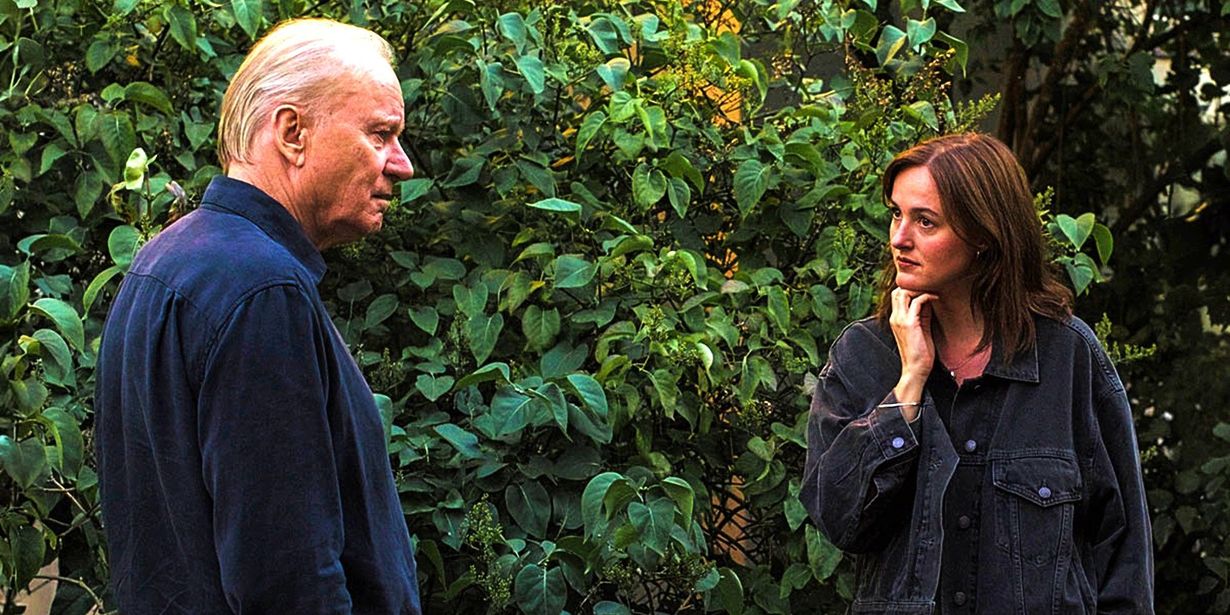
Why do we hold onto old toys, letters, or even ticket stubs? It's all about sentimental value. These items might seem like junk to others, but they carry a world of memories for us. Our brains link objects to emotions, making them feel irreplaceable. This connection can be so strong that losing such items feels like losing a part of ourselves. Sentimental value isn't just about nostalgia; it’s a way to keep our past alive. Understanding why we cherish these items can help us appreciate the little things that make life meaningful. Ready to dive into the fascinating world of sentimental value? Let's get started!
The Power of Sentimental Value
Sentimental value can make ordinary objects priceless. This emotional attachment often stems from personal experiences, memories, or relationships. Here are some fascinating psychological facts about sentimental value.
Why We Hold Onto Sentimental Items
Understanding why people keep sentimental items can reveal a lot about human nature and emotions.
-
Memory Triggers: Sentimental items often serve as memory triggers. They can bring back vivid memories of specific events or people, helping to keep those memories alive.
-
Emotional Comfort: These items provide emotional comfort during tough times. Holding onto something that reminds you of a happier moment can be incredibly soothing.
-
Identity and Self-Concept: Sentimental objects can play a role in shaping one's identity. They often represent significant milestones or achievements, contributing to a sense of self.
The Science Behind Sentimental Value
The psychological mechanisms that create sentimental value are complex and fascinating.
-
Endowment Effect: People tend to value things more highly simply because they own them. This is known as the endowment effect, and it can make sentimental items seem irreplaceable.
-
Nostalgia: Nostalgia is a powerful emotion that can make past experiences seem more meaningful. Sentimental items often evoke nostalgia, enhancing their perceived value.
-
Attachment Theory: According to attachment theory, people form emotional bonds with objects just as they do with people. These bonds can be incredibly strong and enduring.
Sentimental Value in Relationships
Sentimental value often plays a significant role in relationships, both romantic and familial.
-
Gift-Giving: Gifts with sentimental value are often cherished more than expensive ones. The thought and effort behind the gift make it special.
-
Heirlooms: Family heirlooms carry sentimental value across generations. They serve as a tangible link to family history and heritage.
-
Shared Experiences: Items that symbolize shared experiences can strengthen relationships. They act as reminders of the time spent together and the bond shared.
The Impact of Sentimental Value on Decision Making
Sentimental value can influence decisions in surprising ways.
-
Hoarding Tendencies: People with strong sentimental attachments may have difficulty letting go of items, leading to hoarding tendencies.
-
Financial Decisions: Sentimental value can impact financial decisions, such as refusing to sell a family home even when it's financially prudent.
-
Risk Aversion: Sentimental items can make people more risk-averse. They may avoid situations where these items could be lost or damaged.
Sentimental Value and Mental Health
The emotional significance of sentimental items can also affect mental health.
-
Stress Relief: Sentimental items can serve as stress relievers. Holding or looking at these items can provide a sense of calm and well-being.
-
Grief and Loss: During periods of grief, sentimental items can offer comfort and help people cope with loss. They serve as a connection to the deceased.
-
Positive Reinforcement: Sentimental items can act as positive reinforcement, reminding people of their achievements and boosting self-esteem.
The Power of Sentimental Value
Sentimental value shapes our lives in ways we often overlook. It’s not just about the item itself but the memories and emotions tied to it. Whether it’s a childhood toy, a family heirloom, or a simple handwritten note, these objects hold a special place in our hearts. They remind us of who we are, where we’ve been, and what we’ve experienced.
Understanding the psychology behind sentimental value can help us appreciate these items even more. It can also explain why we hold onto things others might see as junk. So next time you find yourself unable to part with an old keepsake, remember it’s not just clutter. It’s a piece of your story, a tangible connection to your past, and a reminder of the people and moments that have shaped your life.
Was this page helpful?
Our commitment to delivering trustworthy and engaging content is at the heart of what we do. Each fact on our site is contributed by real users like you, bringing a wealth of diverse insights and information. To ensure the highest standards of accuracy and reliability, our dedicated editors meticulously review each submission. This process guarantees that the facts we share are not only fascinating but also credible. Trust in our commitment to quality and authenticity as you explore and learn with us.
